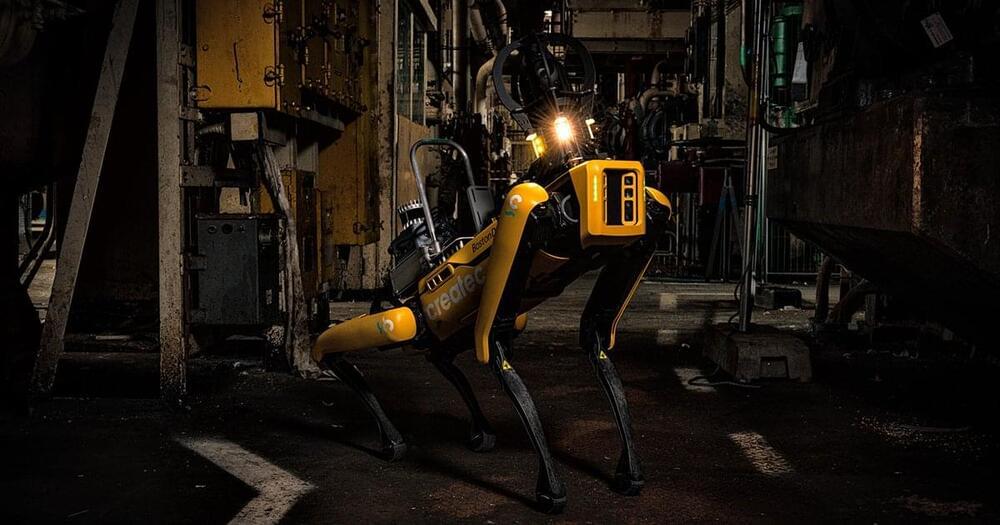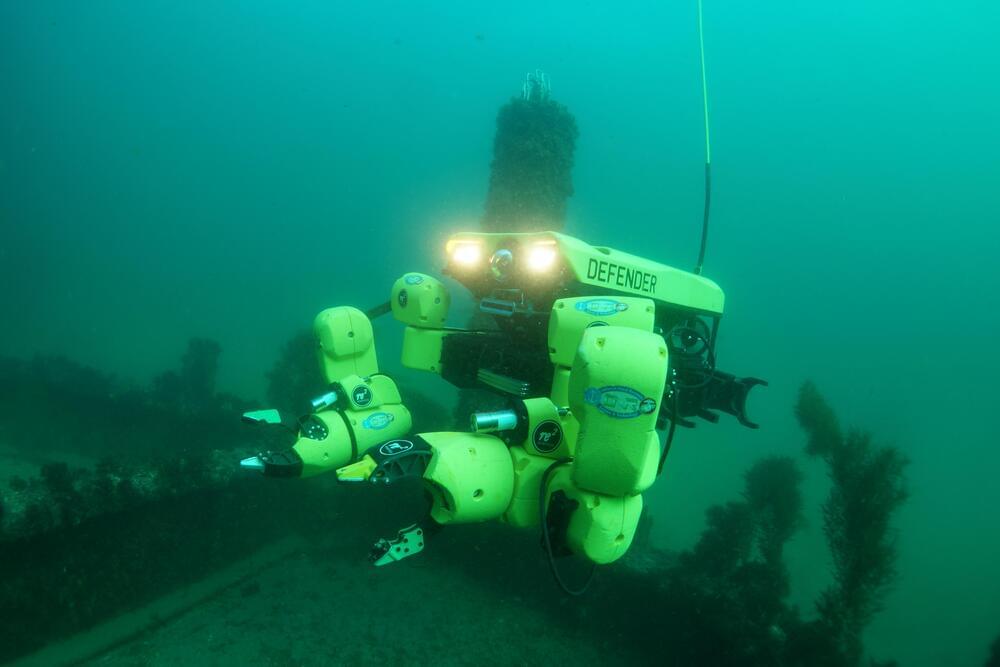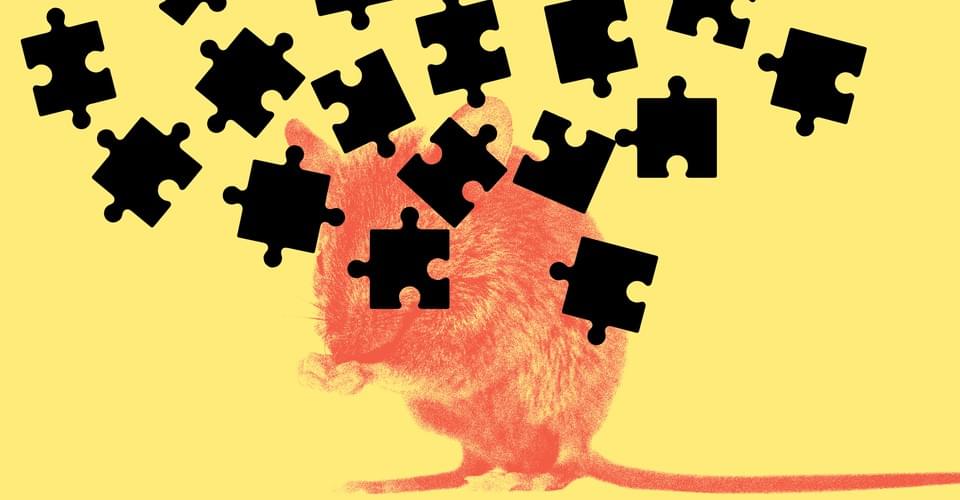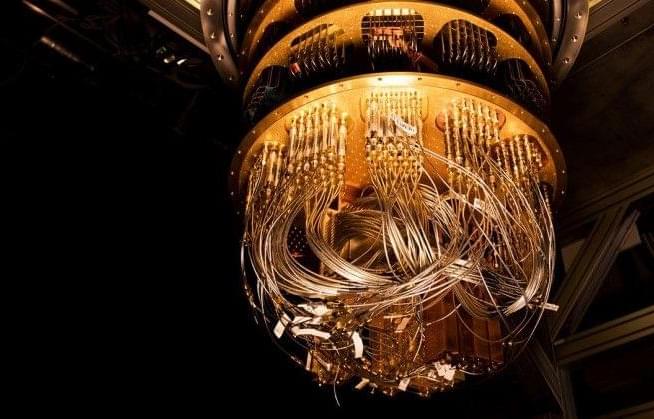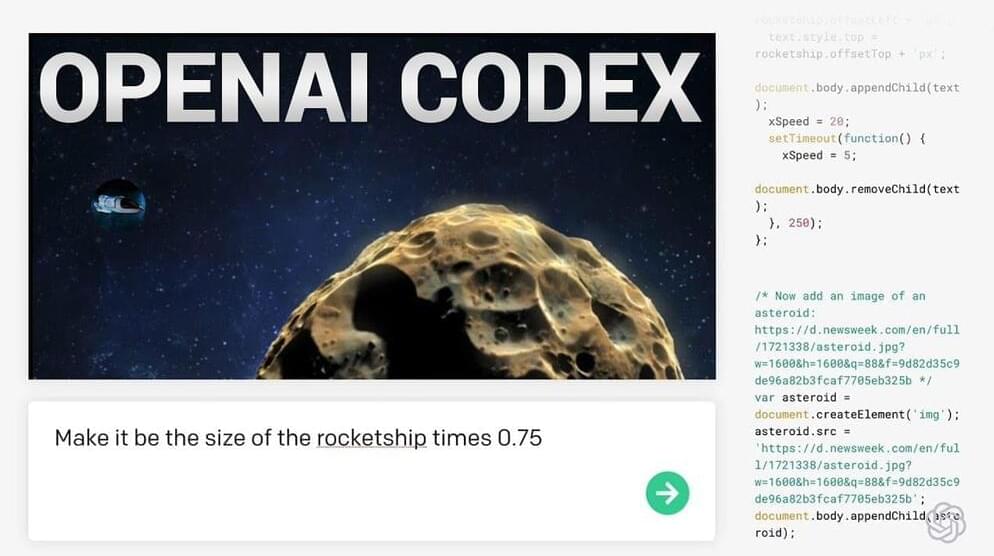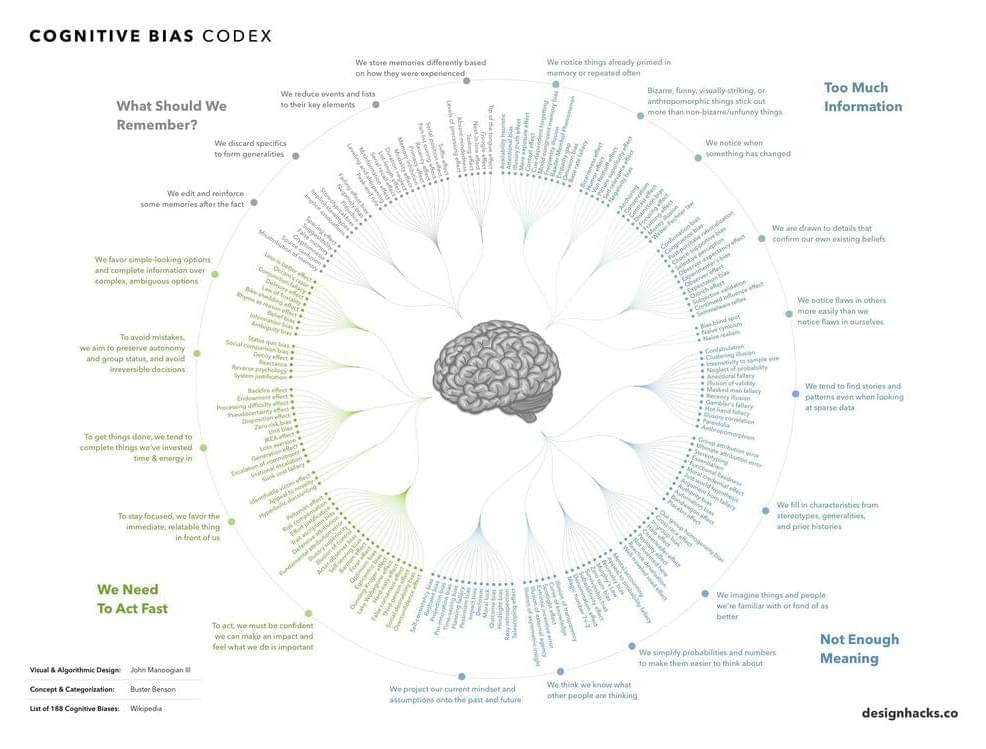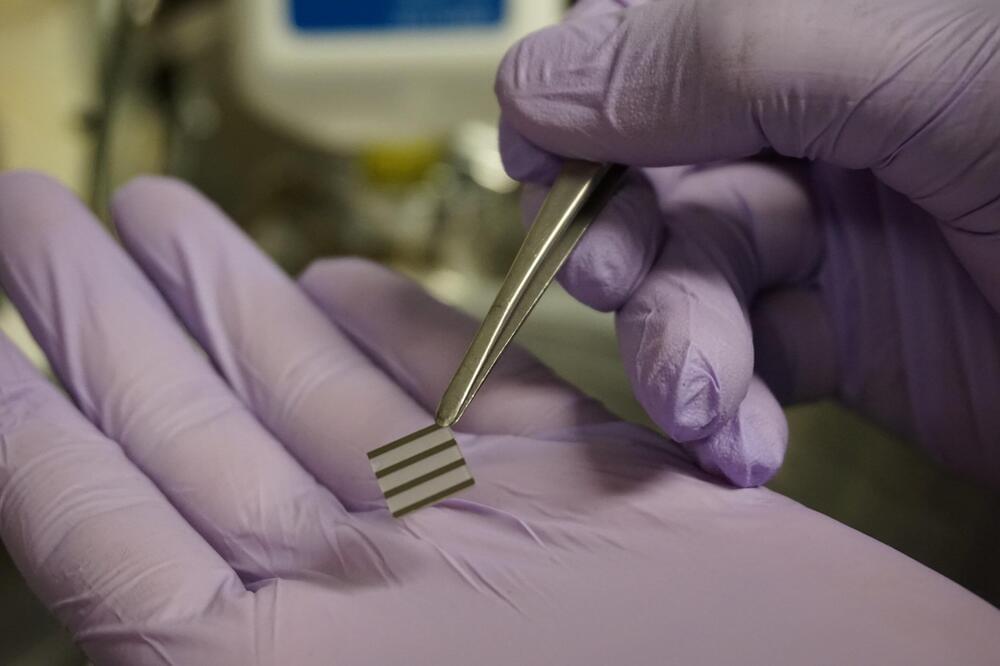
Artificial intelligence (AI) could be the most transformative technology in the history of mankind—and we may not even see much of this sweeping change coming. That’s because we often overestimate what technologies can do in five years, and underestimate what they will be able to do in 20.
As I’ve traveled the world talking about this subject, I’m constantly asked, “what will the future hold for humans and AI?” This is an essential question for this moment in history. Some believe that we’re in the midst of an “AI bubble” that will eventually pop, or at least cool off. Those with more drastic and dystopian views believe everything from the notion that AI giants will “hijack our minds” and form a utopian new race of “human cyborgs”, to the arrival of an AI-driven apocalypse. Each of these projections may be born out of genuine curiosity or understandable fear, but they are usually speculative or exaggerated. They miss the complete picture.
Speculation varies wildly because AI appears complex and opaque and it is no wonder that the general view about AI has turned cautious—and even negative. To be sure, aspects of AI development deserve our scrutiny and caution, but it is important to balance these concerns with exposure to the full picture of this crucially important technology’s potential. AI, like most technologies, is inherently neither good nor evil. And I believe that, like most technologies, AI will eventually produce more positive than negative impacts in our society.
